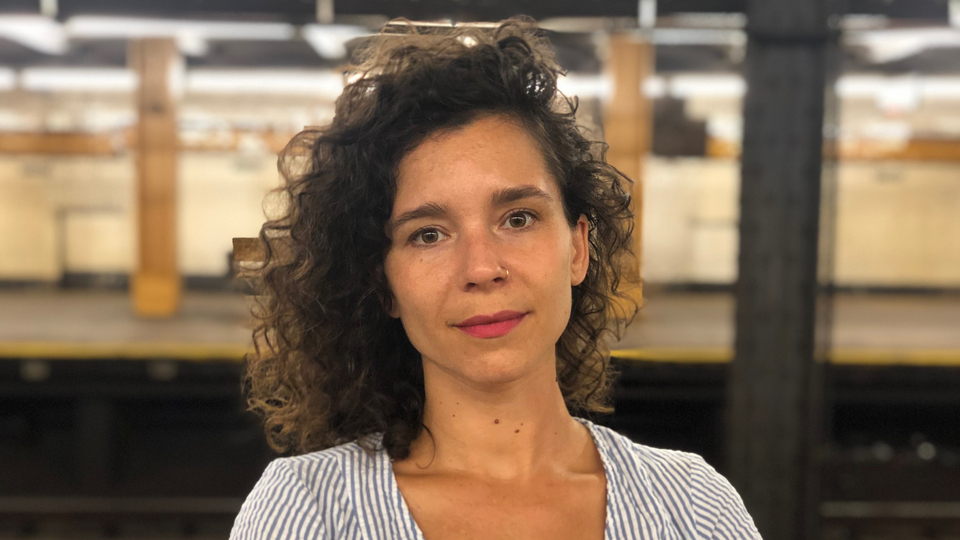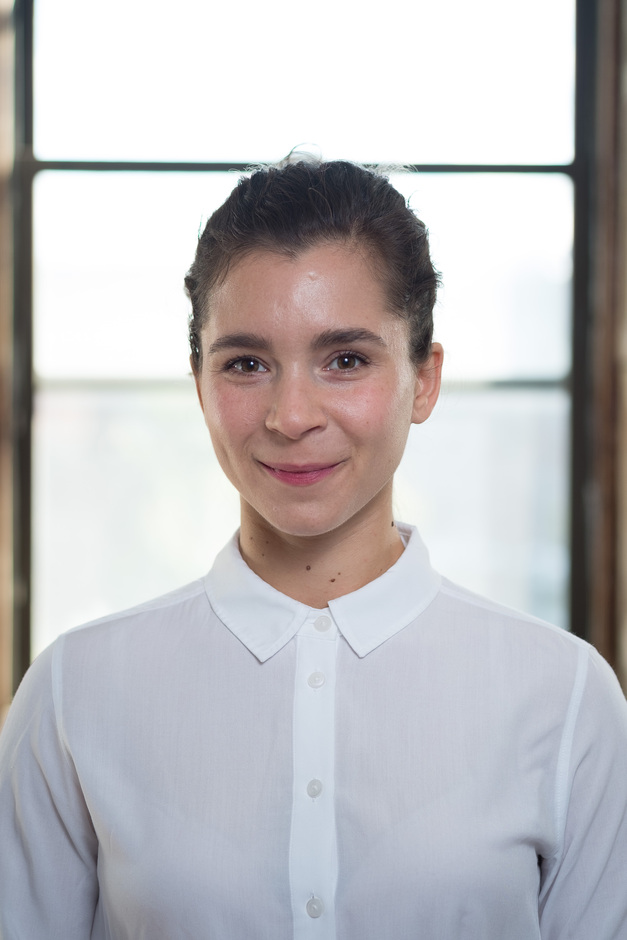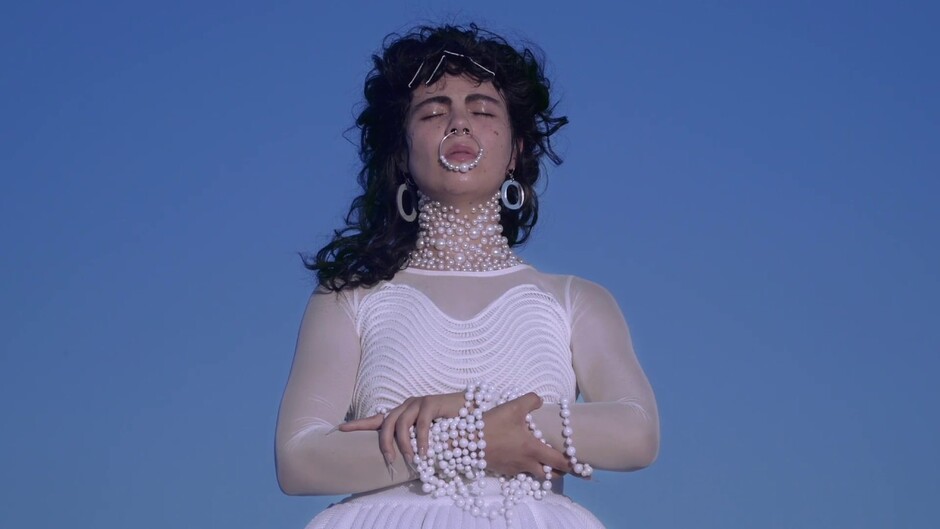
Digital Alchemy Talks: Catherine Provenzano + Micaela Tobin
Musicologist Catherine Provenzano and vocalist Micaela Tobin give talks exploring both the oppressive and empowering potentials of electronic voice modification technologies. Drawing from interviews conducted with software developers, audio engineers, music producers, and artists in Los Angeles, New York, Silicon Valley, and Germany, Provenzano examines how pitch correction software Auto-Tune and Melodyne reify racial and gender stereotypes, including their development and use in US Top 40 and hip-hop music. Tobin discusses the use of electronics as a means of reclaiming the “diva.”
This event is part of a series of Digital Alchemy Talks at Design By Cosmic, probing the intellectual and ideological histories of art and technology.
Catherine Provenzano: “Pitch Correction Software and Vocal Ecology”
In 1998, geophysicist and flautist Dr. Andy Hildebrand seemed to have transcended the limits of the human voice. He made Auto-Tune, “a box that could make [anyone] sing in tune,” and his invention was a hit: producers prized it, studios bought it, and Auto-Tune quickly became ubiquitous in pop music production and beyond. Provenzano will give an ethnographically-grounded history of digital pitch correction technologies and the kinds of vocalities, production practices, anxieties and innovations that have bloomed, and withered, around them.
Catherine Provenzano earned her doctorate in ethnomusicology from New York University in 2019, where she completed a critical ethnographic account of digital pitch correction softwares (Auto-Tune and Melodyne), and their development and use in US Top 40 and hip-hop. She has conducted ethnographic research with software developers, audio engineers, music producers, and artists in Los Angeles, New York, Silicon Valley, and Germany. Catherine is examining racializations and genderings of digitally-mediated voices and the ways these intersect software aesthetics and techniques of signal processing. She attends to the dimensions of skilling, labor, and emotion that shape musical production and listening. She is also a singer, songwriter and performer under the name Kenniston.
Micaela Tobin: “Dissecting the Amplified Voice”
Soprano/Sound Artist Micaela Tobin discusses methods of subversion and empowerment through her use of opera, extended vocal techniques, and electronics.
Micaela Tobin is a soprano, sound artist, and teacher based in Los Angeles, CA who specializes in experimental voice and contemporary opera, composing under the moniker “White Boy Scream.” Within this project Micaela dissects her operatic and extended vocal techniques through the use of electronics. She has performed extensively throughout the western United States, most notably as a guest with hip-hop experimentalists clipping. during their 2017 tour in support of The Flaming Lips. Micaela’s most recent full length release, “Remains” (Crystalline Morphologies) was listed as one of the top 10 Noise/Industrial Albums of 2018 by The Wire Magazine. Micaela is currently a voice teacher on faculty at the California Institute for the Arts and teaches privately out of her home in Los Angeles.



Digital Alchemy Talks at Design by Cosmic supported by Jean-Marc & Rebecca Jot.
Thank you to Design by Cosmic for hosting the Digital Alchemy Talks.
Catherine Provenzano:
Talk: Pitch Correction Software and Vocal Ecology

In 1998, geophysicist and flautist Dr. Andy Hildebrand seemed to have transcended the limits of the human voice. He made Auto-Tune, “a box that could make [anyone] sing in tune,” and his invention was a hit: producers prized it, studios bought it, and Auto-Tune quickly became ubiquitous in pop music production and beyond. Provenzano will give an ethnographically-grounded history of digital pitch correction technologies and the kinds of vocalities, production practices, anxieties and innovations that have bloomed, and withered, around them.
Catherine Provenzano earned her doctorate in ethnomusicology from New York University in 2019, where she completed a critical ethnographic account of digital pitch correction softwares (Auto-Tune and Melodyne), and their development and use in US Top 40 and hip-hop. She has conducted ethnographic research with software developers, audio engineers, music producers, and artists in Los Angeles, New York, Silicon Valley, and Germany. Catherine is examining racializations and genderings of digitally-mediated voices and the ways these intersect software aesthetics and techniques of signal processing. She attends to the dimensions of skilling, labor, and emotion that shape musical production and listening. She is also a singer, songwriter and performer under the name Kenniston.
Micaela Tobin (White Boy Scream):
Talk: Dissecting the Amplified Voice

Soprano/Sound Artist Micaela Tobin discusses methods of subversion and empowerment through her use of opera, extended vocal techniques, and electronics.
Micaela Tobin (White Boy Scream):
Bakunawa

Soprano/Sound Artist Micaela Tobin discusses methods of subversion and empowerment through her use of opera, extended vocal techniques, and electronics, and presents her piece Bakunawa for voice and electronics.
